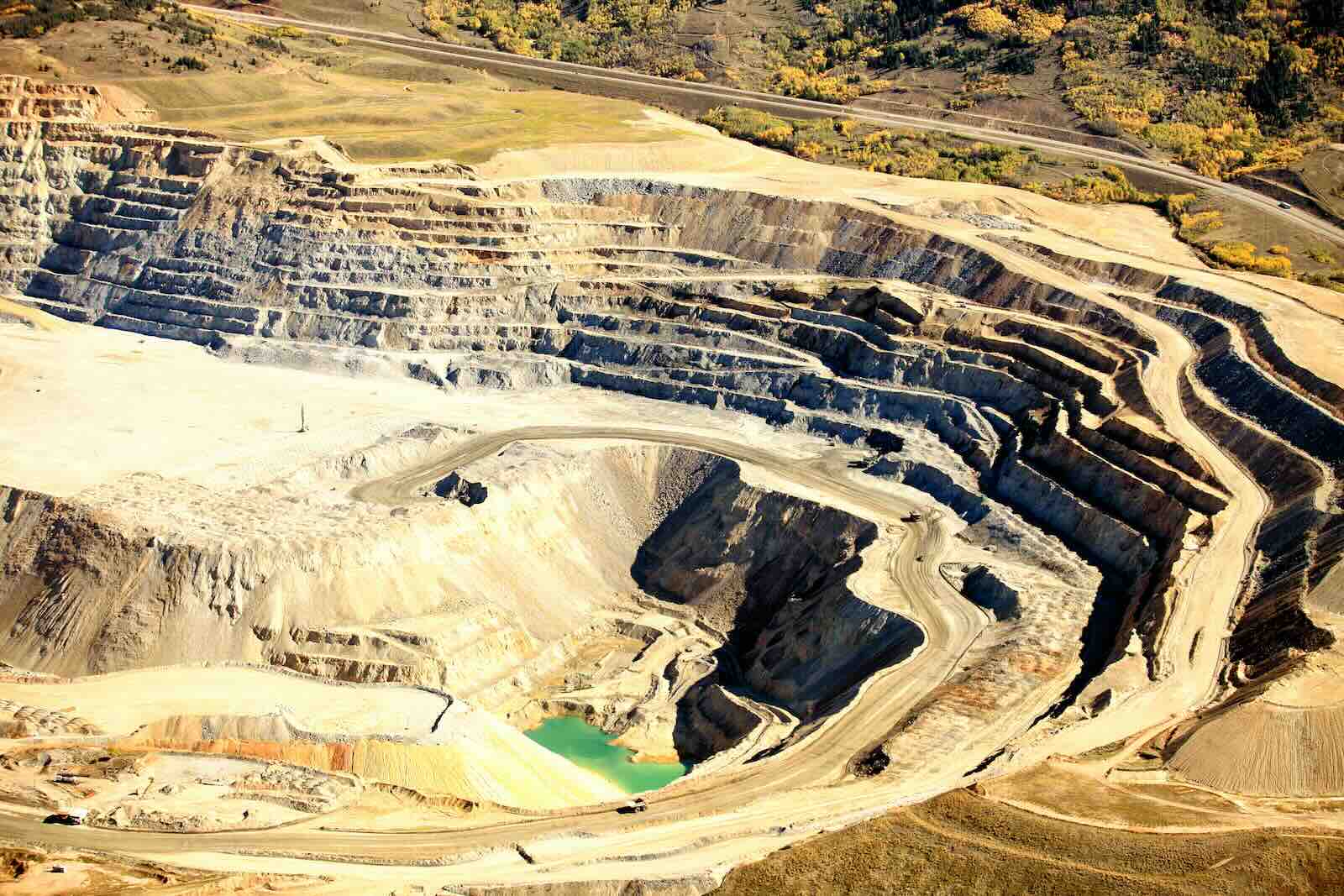(Note: This is the latest installment in editor David Bank’s occasional column, The Impact Alpha.)
ImpactAlpha, Aug. 27 – Ah, now I get it. Like others, I had wondered about what drove the timing of last week’s statement from nearly 200 CEOs redefining “corporate purpose.” Then came the weekend whirlwind of Trump tweets and G7 gymnastics in Biarritz, France.
Now it’s clear: corporate CEOs were issuing a coded cry for help.
Like hostages that blink messages in Morse code, the business leaders were sending a signal via the G7 to the world: “We’re not as crazy as you-know-who.” Limited in their ability to maneuver individually, they mustered collective strength. Their lobbying group, the Business Roundtable, realized farsighted CEOs need to muster all the “stakeholder” support they can.
Stakeholder primacy: CEOs redefine the role of business in society
Just Kidding, as the president himself might say. There’s no direct connection between the CEOs’ pledge to deal fairly and ethically with suppliers and serve as “good partners to the other companies, large and small, that help us meet our missions” and the tweet from Trump that “hereby ordered” the corporations to find alternatives to China, the world’s second-biggest economy.
But the grain of truth was confirmed in the weekend comments of Joshua Bolten, head of that same Business Roundtable, in The Wall Street Journal, which characterized him as saying Trump “could wreak havoc by taking things too far” and “warned that many companies have been pushed to the brink.”
Bolstering the case: Federal Reserve Chair Jay Powell issued his own coded hostage plea to the world last week at the central bankers meeting at Jackson Hole.
Or maybe it is the G-7 itself that is under siege. On the way to France, Trump advisor Larry Kudlow disparaged the G7s efforts on behalf of “a broader set of ‘stakeholders,’ international organizations and special interests,” and a focus on “niche” issues like climate change. The signal from corporate America and the Federal Reserve may have been: Hold the fort!
Whether you’re inclined to think there’s a Russian plot to undermine global cooperation on urgent challenges, or it just seems that way, it’s worth rolling back the newsreel to the halcyon days of 2015.
That was the year hundreds of global leaders built on years of effort and agreed, virtually unanimously, on a positive agenda for peace and prosperity. The plans were signed by 194 states and the European Union in the case of the Paris climate agreement, and 193 countries at the United Nations in the case of the 2030 Sustainable Development Goals. Also adopted in 2015 was the oft-forgotten Addis Ababa Action Agenda that laid financing plans to end poverty, ensure universal access to education, energy and health care, and propel the transition to a low-carbon economy, also by 2030.
In that global agenda, climate and inequality are not fringe issues. Post-Paris, China, the United States and hundreds of other countries were set to “ratchet up” carbon-reduction goals and green jobs, not spiral down in trade wars and retaliation.
As late as 2017, when the G-7 met in Taormina, it was possible to indulge wishful thinking that “market forces” or at least an upswelling backlash to the backlash would continue to power the sustainable transformation. The G6 – Germany, France, Canada, Great Britain, Japan and Italy – affirmed the full 2030 vision with a “strong commitment” to “swiftly implement” the Paris agreement, and still hoped to keep Trump in the treaty.
The leaders laid the groundwork for tackling inequality as a systemic risk. The G7’s “Bari Policy Agenda on Growth and Inequalities” cites inequality as a brake on global growth and driver of instability. The G7 endorsed Africa’s Agenda 2063 for capturing demographic and diversity dividends.
“World leaders still have our back,” ImpactAlpha wrote after Taormina. “For the moment, the 2030 global goals are holding.”
By last year, Trump couldn’t even validate the “rules-based international order” and swatted Canadian prime minister Justin Trudeau by name on his way out the door. This year, CEOs sent a signal that at least a critical mass of business leadership is mobilized and sending reinforcements.
Also in 2017, CEOs first took collective action to distance themselves from Trump’s excesses. Gina Rometty, CEO of IBM, a leader of last week’s Business Roundtable initiative, also led CEOs in deciding to “condemn and disband” their White House advisory panels after the president’s comments on the white supremacy demonstrations in Charlottesville.
At the time, ImpactAlpha asked, “Was the mass resignation of the country’s top CEOs from the Trump Administration a momentary reflex? Or the catalyst for collective and purposeful social leadership from business on the grand challenges of our time?”
In advocating that stakeholder capitalism is the new corporate purpose, Rometty cited every company’s need for “a license to operate.” The new statement pledges to “respect the people in our communities and protect the environment by embracing sustainable practices across our businesses.” Even ExxonMobil, a signatory of the new corporate pledge, remains on record in support of the Paris climate accord.
If Kudlow and Trump think drivers of global growth are exhausted, they might yet look to solutions to climate catastrophe and runaway inequality as the (electrical) motor of the 21st century.
Corporate leaders should not hold their breaths. They have a chance to demonstrate their newfound leadership at next month’s United Nations gathering in New York. After several years of flat financing, a dramatic uptick in private investment in the low-carbon transition is needed to meet global goals and avert the worst of the climate catastrophe.
At the request of U.N. Secretary-General António Guterres, Michael Bloomberg, CEO of Bloomberg LP, convened the Climate Finance Leadership Initiative. Founding CEOs include Axa’s Thomas Buberl, HSBC’s John Flint, Goldman Sachs’ David Solomon, Enel’s Francesco Starace, Allianz Global Investors’ Andreas Utermann and Macquarie’s Shemara Wikramanayake. Representing global asset owners is Hiro Mizuno, chief investment officer of the $1.7 trillion Government Pension Investment Fund of Japan, who has called climate change “one of the biggest systemic risks for the capital markets.”
Universal Ownership: The supertankers of global finance are shifting course
It may no longer be possible to pretend that powerful headwinds have not seriously stalled progress toward the 2030 global goals for sustainable and inclusive development. But the rationale for such a massive mobilization has only become stronger. Popular majorities for strong climate action are growing, in the U.S. as well as Europe.
Leaders who know better have a decade to deliver.
Catch up on all of The Impact Alpha columns by David Bank.











